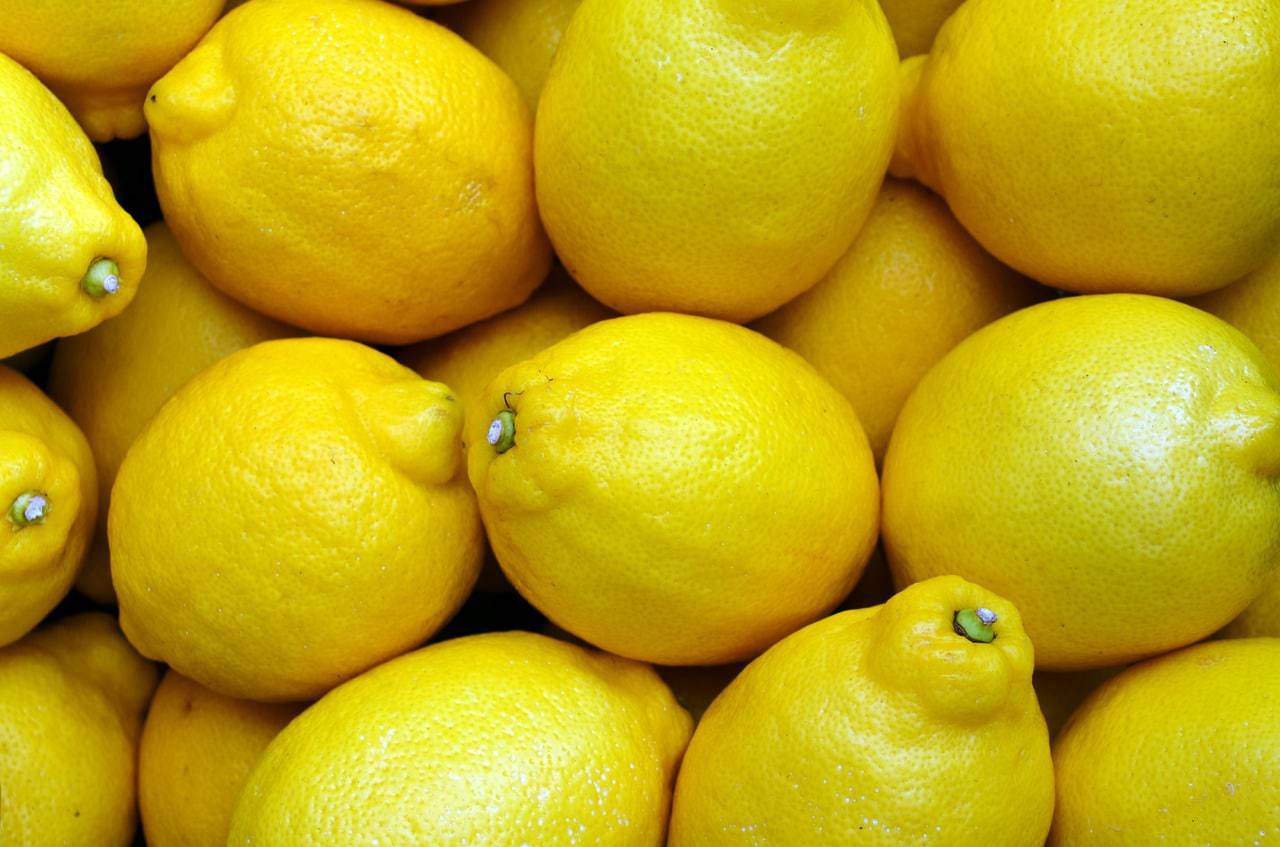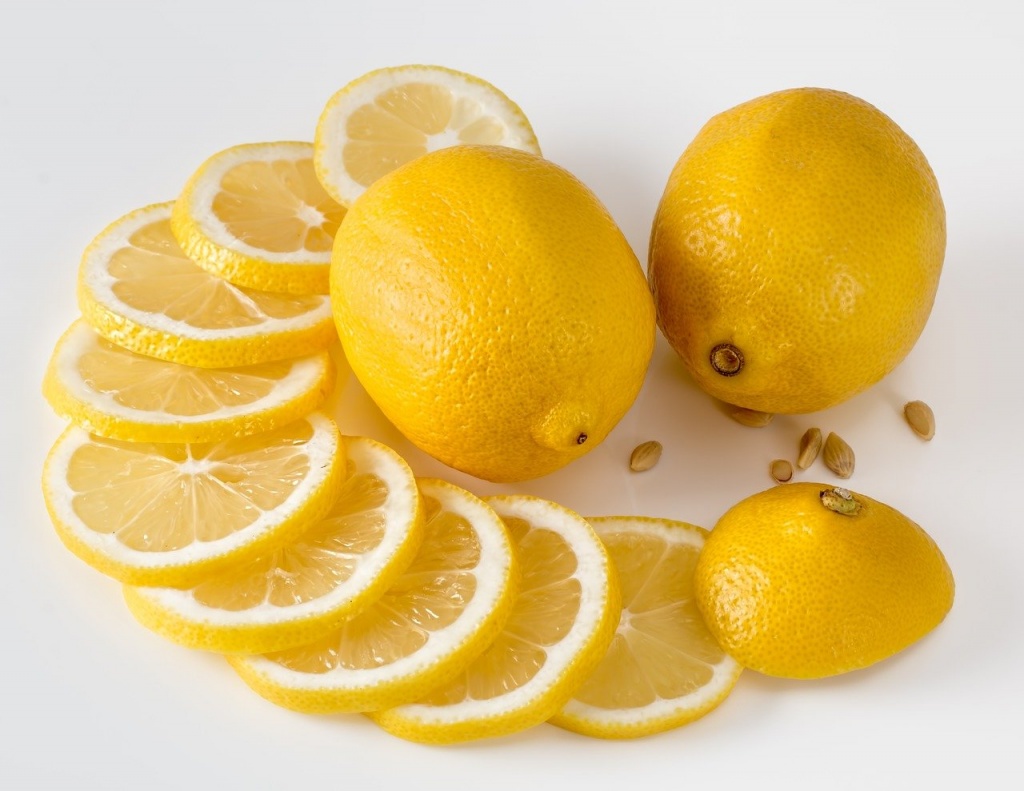
Vitamin C is a very important part of your daily diet. It is worth learning a little more about it, especially if you intend to supplement it.
This vitamin improves the wound healing process, as well as the absorption of iron. Additionally, it is required for the synthesis of collagen, which exists in cartilage and in the skin. It ensures the proper condition of the connective tissue. This is why vitamin C is so important in the diet, especially for athletes. It acts as an activator of many enzymes necessary for the proper functioning of the body. Importantly, this vitamin fights the bacteria responsible for tooth decay, and strengthens teeth and gums
Note that vitamin C is a powerful antioxidant that fights very harmful free radicals. It has an anticancer effect – it has an influence on cancer cells, which thanks to it are shrinking. In addition, it participates in the synthesis of corticosteroids and some neurotransmitters.
Symptoms of vitamin C deficiency:
This vitamin is found, among others, in apples, but also in acerola, rosehips, citrus fruits, kiwi, strawberries, tomatoes, kale, papaya, peppers, broccoli and Brussels sprouts. Keep in mind, however, that vitamin C is quickly lost when exposed to high heat. If you’re concerned about your health, it’s essential to make sure you’re getting your fruits and vegetables in raw form.

During the transition period between winter and spring, we have lowered immunity and are at risk for numerous illnesses. Many foods, including vegetables and fruits contain vitamin C, but the winter diet is unfortunately not rich in such nutrients and foods as fresh fruit juices or salads. Importantly, the ascorbic acid present in many vegetables is destroyed by light. Its pharmacy counterpart has the same chemical structure as the vitamin C found in plants, but the synthetically derived L-ascorbic acid has slightly less effect compared to its “natural” version. This is because it co-exists with plant bioflavonoids, which have a positive effect on our body.
The optimal dose of vitamin C for a person depends on age, gender and weight, as well as health. People with weaker immunity or leading a stressful lifestyle should take a little more. The dose of this substance should be calculated in such a way that per one kilogram of body weight there is 2 mg of vitamin C. Such calculations apply to the daily dose of the vitamin we supplement. For example, a man weighing 80 kg should take 160 mg of vitamin C daily. It is important to remember that ascorbic acid used in a dose of 200 mg is almost completely absorbed into our body.
Excess ascorbic acid is removed from the body with urine. An overdose of this vitamin is possible, given that we take quite a few supplements containing vitamin C during a cold or flu. To protect yourself from overdosing on it, you should check the composition of all the supplements you take. With a diet rich in citrus, fresh vegetables and fruits, it is easy to overdose on vitamin C because we take it in both plants and supplements.
A dose of more than 2,000 mg per day can produce such undesirable symptoms as:
With a sudden change in the dose of vitamin C we supplement, immunity can drop dramatically. To ensure an optimal amount of vitamin C, it is sufficient to:
Ascorbic acid is not recommended for pregnant women and people who have had or have kidney stones, because it can increase the likelihood of their occurrence and deterioration.
Vitamin C, on the other hand, is recommended for people struggling with anemia because it facilitates iron absorption.
Photo by Richard John/Pixabay